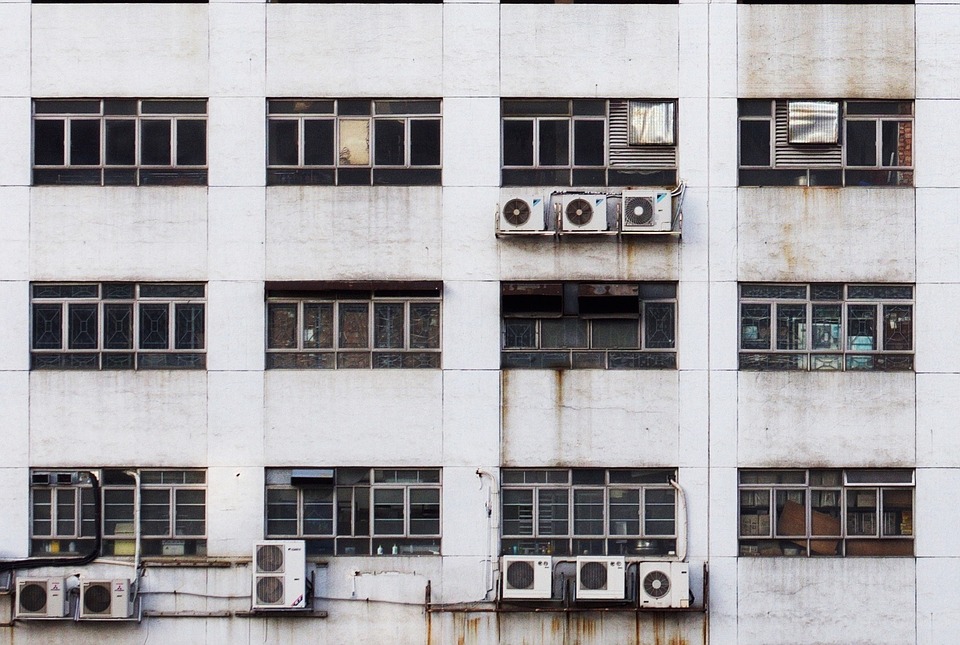ICAP- Leading by Example
September 24, 2019 | Expert Insights

Background
Environmental degradation has led to a warmer earth, spurring the demand for cooling devices which in turn further damages the environment. This vicious cycle needs to be broken for the sake of our future.
The depletion of the ozone layer is associated with an increased prevalence of skin cancer and cataracts, reduced agricultural productivity and disruption of marine ecosystems. To mitigate this, in 1987 the Montreal Protocol was signed and till date 196 states and the EU have ratified it. The Protocol has undergone nine revisions, the last being in 2016 at Kigali where all countries were asked to phase down production and consumption of HFCs and CFCs.
The principle culprits identified for warming were hydrofluorocarbons (HFC) and chlorofluorocarbons (CFC). These are used in AC, refrigeration, insulation foams, some types of aerosols and have thousands times the heat-trapping power of carbon dioxide. The skyrocketing demand for Refrigeration and Air Conditioning (RAC) in developing countries projects them as a major climate pollutant. As per the International Energy Agency (IEA) cause 10% of the global CO2 emissions.
As of March 2019, the Indian Cooling Action Plan (ICAP) became the first-ever comprehensive action plan to set the stage for achieving the goals of the 2015 Kigali agreement of the Montreal protocol.
Analysis
2018 was the fourth straight year getting the dubious distinction of hottest year on record. 2019 witnessed record high temperatures in Europe, which claimed over 567 lives. The US, one of the biggest carbon emitters and top producer of oil, experienced an unusual heatwave. It may be recalled that President Trump withdrew from the Paris Climate agreement in 2017, claiming it was detrimental to the US economy.
Cooling impacts the entire spectrum of an economy- residential buildings, cold chain, refrigeration, transportation and industries of all hues. It is linked with economic growth and productivity of people in hot climates. Vaccines, medication and food supply chains are largely dependent on efficient cooling technology.
With ICAP, India has formally identified its cooling requirements in tune with its projected economic and demographic growth. It has also tried to recognise new and emerging technologies and substances in cooling and related areas and encourage research to find non-polluting systems and constituents The goals set for itself, to be achieved by the year 2037-38, are a reduction in demand for cooling by 20-25% and of refrigerant by 25-30%. Given the right impetus, these are achievable targets.
The plan works out the need to keep the existing and future cooling machinery performing at peak level through timely interventions and care by qualified and duly certified manpower. This is intended to be done through a training and certification programme of 100,000 servicing sector technicians.
Some earlier Indian initiatives like Minimum Energy Performance Standards and star ratings for Cooling devices like ACs and fridges are being followed rigorously.
Counterpoint
However, this plan has come drawn criticism from experts for being myopic. The Centre for Science and Environment has termed it as 'grossly inadequate'. Its Executive Director Research, Anumita Roychowdhury, has faulted the plan’s one-sided focus on RACs at the cost of the thermal comfort need of 90% of the population. Also, she claims that a range of other services like provision of safe vaccines, agricultural cold chains, and many other services that require cooling to survive, have been ignored.
Assessment
- While India’s Cooling Action Plan deserves praise as a step in the right direction, it is important to understand that cooling requirements would not be doubling at such a pace but for climate change. This should be considered as a warning shot.
- Unfortunately, efforts to reduce carbon emissions are falling far behind and the rise in temperatures are only accelerating. Cooling Action Plans are axiomatic of our neglect of the environment, maybe too little too late. The links between the Montreal Protocol and the Paris Agreement must not be ignored.
- The success of implementation of the ICAP remains to be seen. It must not be allowed to be consigned to its fate in rule books only. Effective implementation will eventually help in securing both environmental and socio-economic benefits.
- Cooling action plans must be monitored both at national and international levels and appropriate punitive action initiated. Domestically, cancelling of licenses, imposition of hefty fines could be explored. At the international level, taxes and fine imposition, (and even sanctions in extreme cases) can be levied on non-compliant countries. However, global consensus on the matter is a pre-requisite before any coercive action can be initiated. Hopefully, some progress will be made at the forthcoming Climate Summit.
Image Courtesy: pixabay








Comments